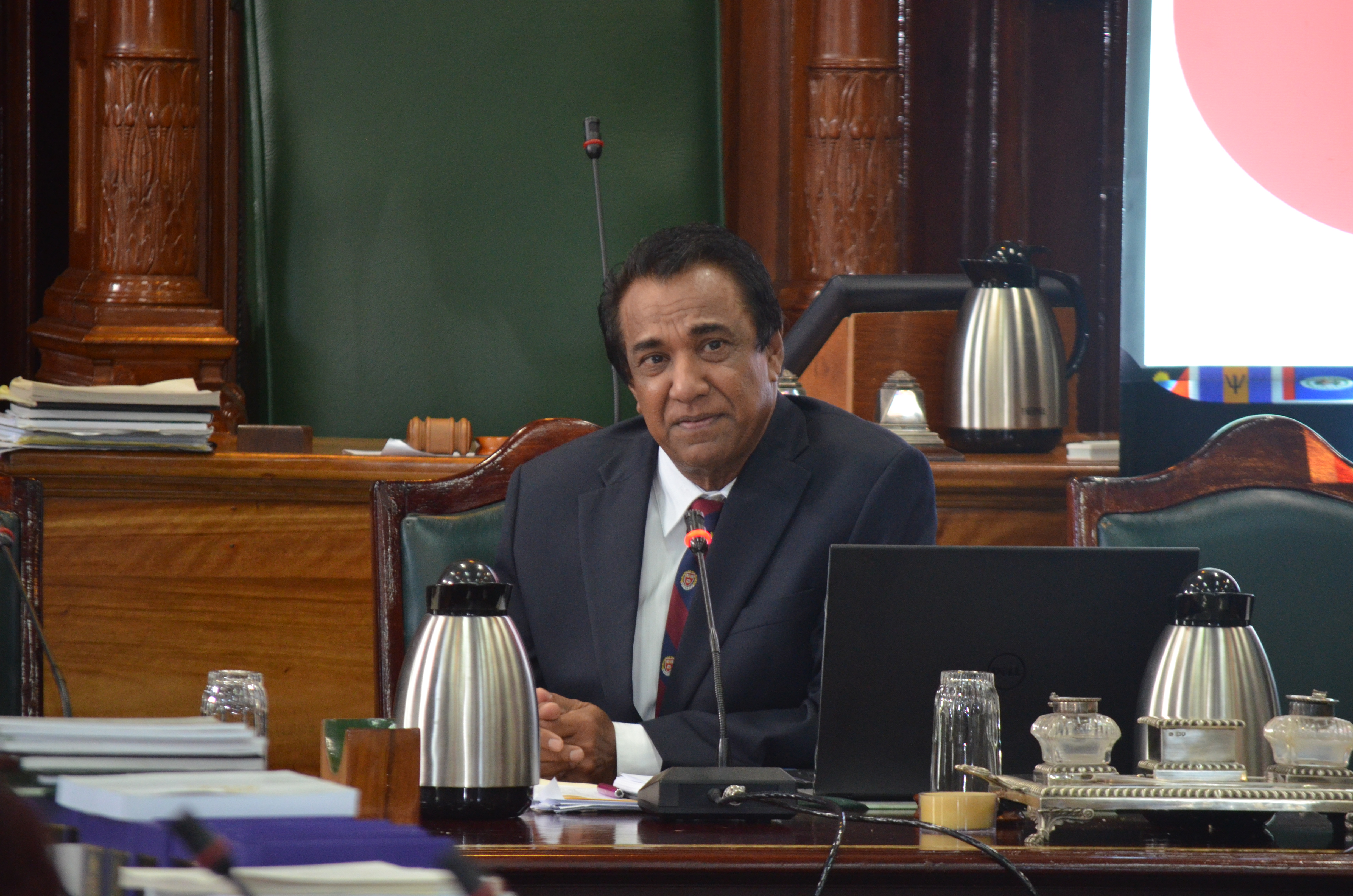“For 2016, drawing upon the work program which has already been approved by Member States, the CCC will continue to vigorously protect and maximise consumer welfare in the CARICOM region. Accordingly, the CCC intends to make consumers the focus of its message to Governments and parliamentarians, sector regulators, the business community, and other special interest groups such as the judiciary, media, and Non-Governmental Organisations (NGOs).”
Read full Statement:
The importance of competition during economic recession
During 2015, the effects of the 2008 financial crisis continued to impact negatively on the economic and social welfare of the CARICOM Member States and their citizens.
Unfortunately, another difficult year is ahead of us with many economic challenges anticipated both within the CARICOM Single Market and Economy (CSME) and extra-regionally. The global economy is projected to show modest growth when compared to 2015. However, at the regional level the situation remains uncertain with potential downside risks including falling global oil and commodity prices and bouts of financial volatility, which could result in lower than expected economic growth for Member States.
The CARICOM Competition Commission (CCC) is acutely aware that as economic improvement is slow in coming, and as domestic demand within the Member States remains weak, anti-competitive conduct such as collusive agreements and abuse of dominance are likely to abound in 2016. Additionally, unfair trade practices of large companies against small and medium-sized businesses may also harm the economies in the CSME, and ultimately reduce consumer welfare.
The CCC is also mindful that in difficult economic times, Governments sometimes believe that they are protecting consumers by restricting competition in key sectors such as utilities, health, public procurement and energy. This is done by preventing the entry of new players into markets through licensing and regulatory restrictions; regulating prices through price or margin controls; and limiting certain contracts only to local firms e.g. office furniture, and stationery and office supplies, drugs, and road works.
The CCC therefore views 2016 as a pivotal year in the enforcement of competition law, as well as advocacy for consumer protection in the region. This is with the unrelenting view that competition and consumer protection initiatives can help ease the difficulties faced by consumers as a result of anti-competitive conduct and austere Government policies implemented during periods of recession.
For 2016, drawing upon the work program which has already been approved by Member States, the CCC will continue to vigorously protect and maximise consumer welfare in the CARICOM region. Accordingly, the CCC intends to make consumers the focus of its message to Governments and parliamentarians, sector regulators, the business community, and other special interest groups such as the judiciary, media, and Non-Governmental Organisations (NGOs).
In this regard, the CCC will continue to work closely with National Consumer Protection Agencies and Consumer NGOs in CARICOM Member States on initiatives which commenced in 2015 such as:
The establishment of national and regional consumer complaints databases and their effective uses for consumer protection enforcement;
- Research into priority areas for consumers such as financial services and utility regulation; and
- Consumer education.
With respect to competition policy, the CCC will establish the CARICOM Competition Network (CCN) in collaboration with the CARICOM Secretariat CSME Unit, and national competition authorities (NCAs) in the CSME, in 2016. The CCN will seek to encourage closer collaboration between NCAs on matters such as:
Harmonization of investigation procedures;
- Administrative and legislative barriers to efficiency in competition investigations;
- Information exchange;
- Development of CSME Product Market Indicators; and
- Competition Training and Education programme.
In conclusion, as the designated regional advocate for competition and consumer protection, the CCC takes this opportunity to encourage Governments and sector regulators to view this period of financial constraints as an opportunity to implement or enforce policies that maximise competition among existing operators; facilitate entry and investment of new entrants into markets; and modernise the legislative and regulatory framework for competition and consumer protection. For its part, the CCC will continue to promote and lay the groundwork for the principles of competition law and policy and the effectiveness of consumer protection enforcement in the region.
Further information about the work of the CCC, can be accessed by contacting admin@ccc.sr with your questions or by utilising the query facility on www.caricomcompetitioncommission.com






